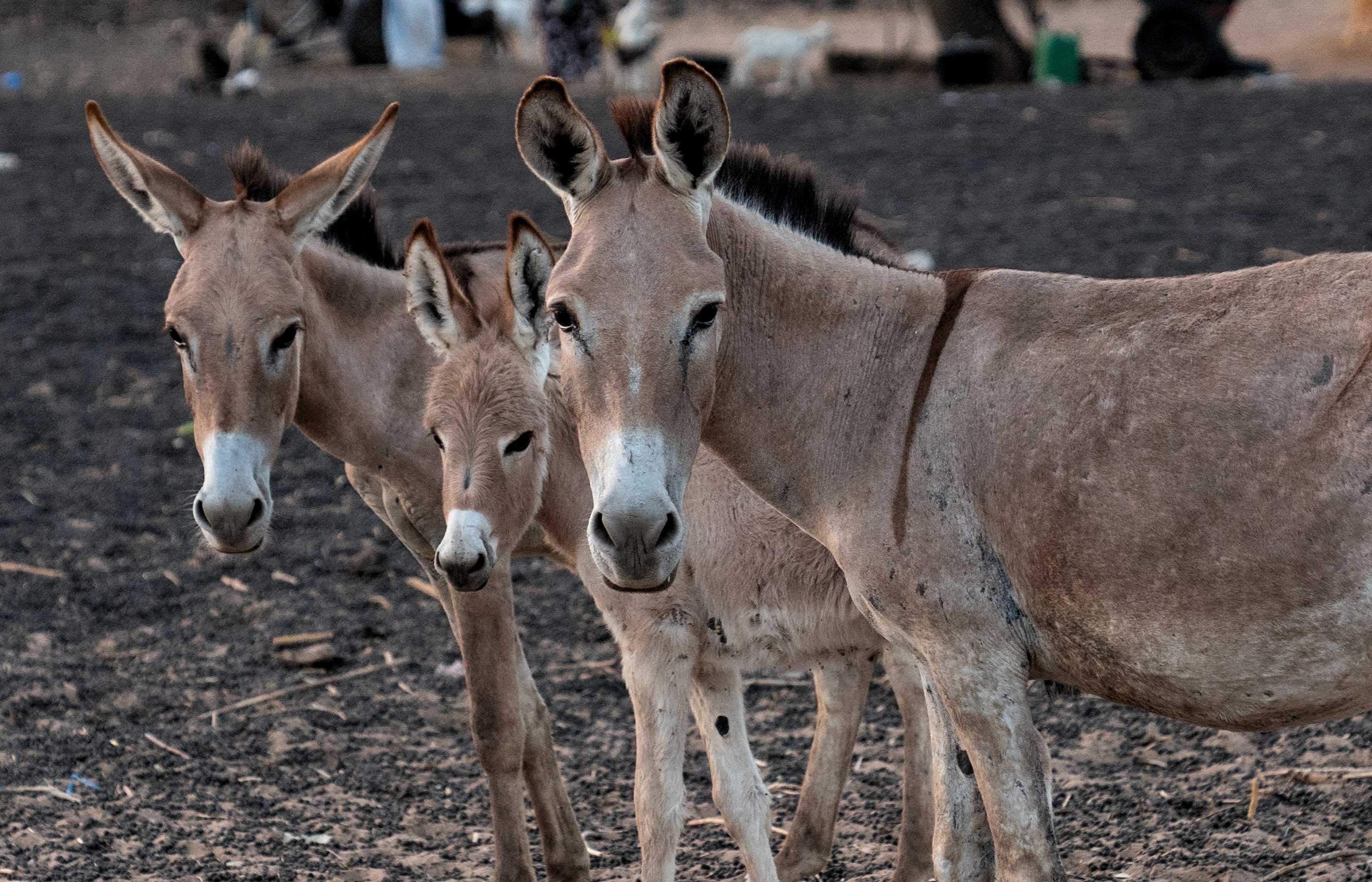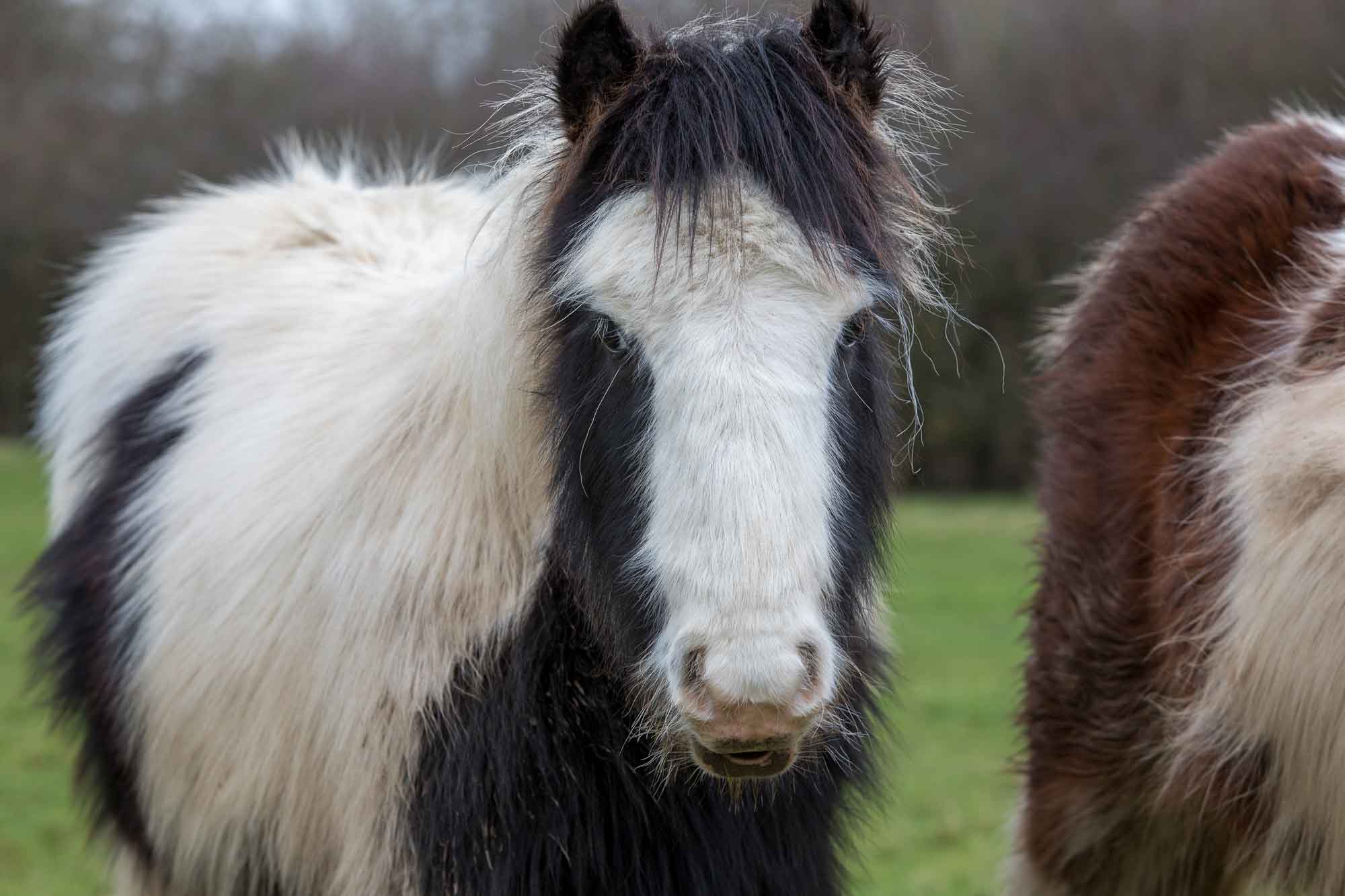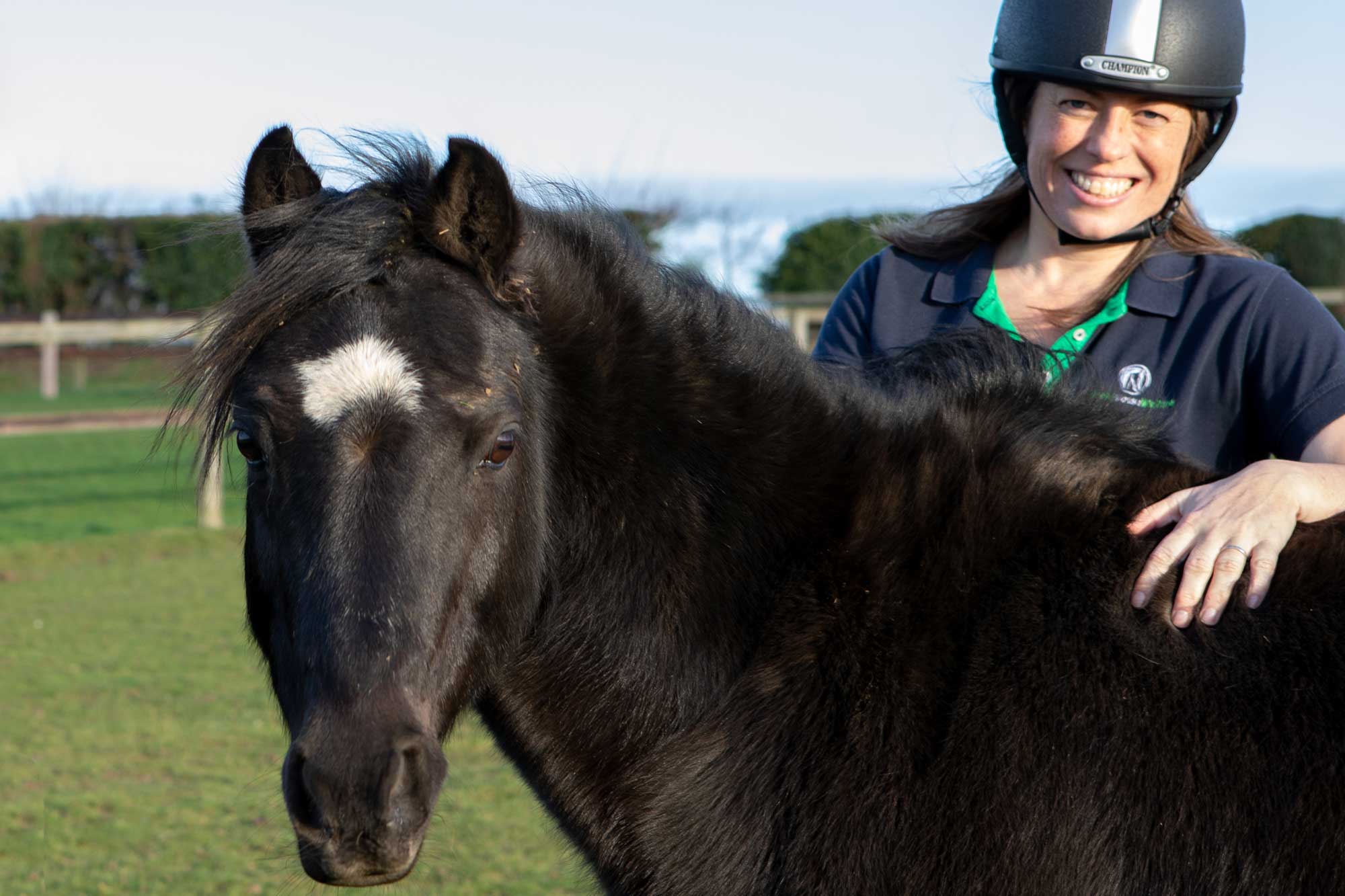Urgent action needed to protect Africa’s donkeys as Pan-African conference opens
The event is a powerful opportunity for Africa’s leaders to reaffirm landmark commitments that were made in 2024.
Posted on 26/06/2025

The Pan-African Donkey Conference (PADCo) opens today in Côte d’Ivoire, providing a vital platform to finalise a strategy that aims to improve the health and welfare of donkeys by advancing the implementation of Africa’s moratorium on the donkey skin trade – a practice that has devastated donkey populations across the continent.
Hosted by the African Union Inter-African Bureau for Animal Resources (AU-IBAR), the event is a powerful opportunity for Africa’s leaders to reaffirm the landmark commitments they made at the AU Summit in 2024, and to work together on a strategy to protect one of the continent’s most precious resources.
Building on momentum from the landmark inaugural PADCo in 2022, which helped shape the moratorium formally adopted by African Union heads of state in February 2024, this year’s conference brings together ministers, policymakers, veterinarians, and NGOs from across Africa.
The donkey skin trade is driven by demand for ejiao, a traditional Chinese medicine product. Having decimated China’s domestic donkey population, the industry now relies heavily on global supply chains. Worldwide, at least 5.9 million donkeys are slaughtered for their skins every year, severely depleting Africa’s donkey population.
The conference is organised by AU-IBAR, with support from the International Coalition for Working Equids (ICWE), comprised of Brooke (Action for Working Horses and Donkeys), The Donkey Sanctuary, SPANA and World Horse Welfare.
Jessica Stark, Director of Communications and Public Affairs at World Horse Welfare and Chair of ICWE said:
“We are urgently calling for an end to the unsustainable and inhumane donkey skin trade, which is causing immense suffering to donkeys and devastating the livelihoods of the people who depend on them. We now have an opportunity at PADCo to shape a strategy for the conservation of donkeys that is forward-looking and recognises the immense value of this species to people across the continent. We fully support African Union countries in implementing the donkey skin trade moratorium and stand with global efforts to stop the mass slaughter of donkeys for their skins.”
The Pan-African Donkey Strategy, developed under the leadership of AU-IBAR alongside Chief Veterinary Officers across the continent and NGOs, recognises that protecting donkeys goes beyond animal welfare. With around two-thirds of the world’s estimated 53 million donkeys found in Africa, these animals are a vital backbone of rural livelihoods.
Dr Huyam Salih, AU-IBAR, Director said:
“The rapid decline in donkey populations in some regions not only signals a growing animal welfare crisis but threatens to destabilise the livelihoods and resilience of entire communities
“At PADCo, it is imperative that stakeholders from across the continent commit to turning this strategy into coordinated, tangible action. Time is running out for Africa’s donkeys and the women and children who rely on them most. We hope all Member States will seize this chance to end this escalating animal and human welfare disaster.”
Donkeys are indispensable to millions of families, particularly women and children, who rely on them for transportation, agriculture, and daily livelihoods. Yet, despite their critical role, donkeys continue to be undervalued and vulnerable.
The Donkey Sanctuary, a member of ICWE, will present stark new evidence at the conference, revealing the devastating impact China’s demand for donkey skins is having on Africa’s women and children.
Marianne Steele, CEO of The Donkey Sanctuary said:
“This latest research and the powerful story tells the devastation caused by the donkey skin trade and its disproportionate impact on women and children. We hope this report will be a call to action for governments in Africa and around the world to take decisive steps to end this human and animal welfare disaster.”
Brooke (Action for Working Horses and Donkeys) will present new findings at PADCo on how African donkey populations are being decimated by the trade, how this impacts communities and what the charity is doing to fight against it.
Chris Wainwright, Global CEO of Brooke said:
“Every donkey lost to the skin trade is a devastating blow to the families who rely on them for their daily survival.
“We hope this conference brings a unified and urgent commitment to protecting Africa’s donkeys, inspiring decisive action that safeguards them and secures the futures of vulnerable communities.
“Together, we can end this cruel trade and restore hope where it’s needed most.”
Topics
Related News

UK equine charities deliver training in Brazil to government officials from across the Americas
International Coalition for Working Equids charities deliver training at OIE seminar.

World Horse Welfare and The Donkey Sanctuary welcome agreement with OIE, the global body for animal welfare
"A good day for animal and equine welfare."
Recommended Blog Posts

Applying a whole horse approach at our rescue and rehoming centres
We catch up with Belwade Farm Centre Manager Eileen to find out more.

Behind the scenes: the first few months as a World Horse Field Officer
Find out what really goes on behind the scenes as a World Horse Welfare Field Officer.

Can you cut the costs of horse ownership without compromising on their care?
Chief Field Officer Claire Gordon looks at ways to cut costs without compromising on care.
Enjoy reading stories like this?
Join over 65,000 other horse lovers and sign up for our email newsletter

Join over 65,000 other horse lovers and sign up for our email newsletter
Sign me up now